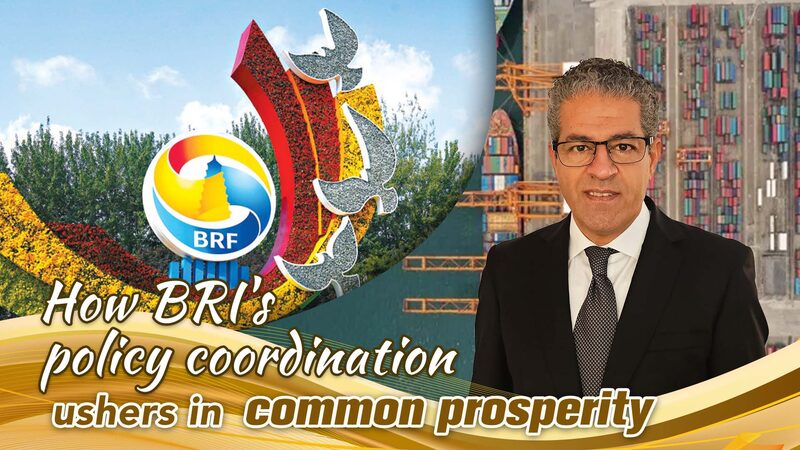Chinese Premier Li Qiang visited Malaysia on an official visit from June 18 to 20. China and Malaysia, neighbors with a friendship spanning over a millennium, continue to strengthen their ties. This year, 2023, has witnessed several commemorative events highlighting the enduring relationship between the two nations.
The 10th anniversary of the Belt and Road Initiative (BRI), of which Malaysia is one of the earliest partners, marked a significant milestone. The monumental “Two Countries, Twin Parks” project in both nations stands as a testament to the BRI’s ongoing endeavors, keeping the spirit of collaboration alive. Furthermore, the China-Malaysia Comprehensive Strategic Partnership continues to play a pivotal role in their diplomatic history.
In March 2023, Malaysian Prime Minister Datuk Seri Anwar Ibrahim visited China, where he reached a consensus with President Xi Jinping on building a China-Malaysia community with a shared future. This blueprint sets the stage for the development of bilateral relations under Malaysia’s new leadership, as both nations approach the golden jubilee anniversary of their diplomatic ties in the coming year. This progress signifies the growing maturity of their intertwined interests and shared aspirations amid new global dynamics.
Malaysia has traditionally maintained a stance above geopolitical rivalries since the Cold War era. Half a century ago, Malaysia’s non-alignment diplomacy led to a bold decision to engage China amid Cold War tensions. The late Tun Abdul Razak Hussein, then Prime Minister of Malaysia, pioneered this effort by reaching out to Beijing, culminating in the establishment of relations between the two nations despite their diverse political systems.
His visionary approach aligned with the Zone of Peace, Freedom and Neutrality (ZOPFAN) Declaration adopted by ASEAN in 1971, which emphasized the bloc’s intent to create a region “free from any form or manner of interference by outside powers” and to broaden areas of cooperation. Malaysia played a crucial role in linking China to ASEAN when Chinese Foreign Minister Qian Qichen accepted Malaysia’s invitation to attend the 24th ASEAN Ministerial Meeting in Kuala Lumpur in July 1991, leading to China’s engagement as ASEAN’s dialogue partner.
Fast forward to 2021, the evolving relationship was elevated to a Comprehensive Strategic Partnership. China’s model of partnership, featuring amity, sincerity, mutual benefit, and inclusiveness, offers a refreshing alternative in Southeast Asia’s multilateral cooperation. The benefits accrued have propelled the BRI to success in the region, with Malaysia as one of its key beneficiaries.
As the BRI enters its second decade, shifting focus to sustainable infrastructure development and the digital economy, it resonates with Malaysia’s current needs for emerging industry cooperation. This alignment is underscored in Malaysia’s policies such as Industry 4.0, the New Industrial Master Plan 2030, and the Digital Economy Blueprint. Emerging sectors like Artificial Intelligence, Big Data analytics, and robotics hold significant potential for groundbreaking developments.
China has remained Malaysia’s top trading partner for 15 consecutive years since 2009. Malaysian exports have shown a noticeable trend, with the share of electrical machinery and equipment in Malaysia’s total exports to China increasing from 33.3% in 2011 to 42.6% in 2022. As of 2023, bilateral trade remains robust, with China accounting for 17.1% of Malaysia’s total trade. In the first quarter of 2023, trade with China further expanded 3.3% year-on-year to over RM112 billion. The market outlook continues to be positive, especially with the anticipated conclusion of the ASEAN-China Free Trade Area 3.0 soon.
The deep-rooted friendship and expanding cooperation between China and Malaysia signify a relationship that goes beyond bilateral ties. With shared goals and mutual respect, both nations are poised to continue building a community with a shared future, contributing to regional stability and prosperity.
Reference(s):
Relations between China and Malaysia go beyond two countries
cgtn.com








